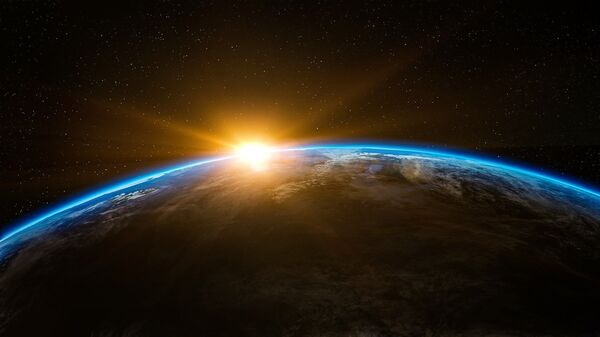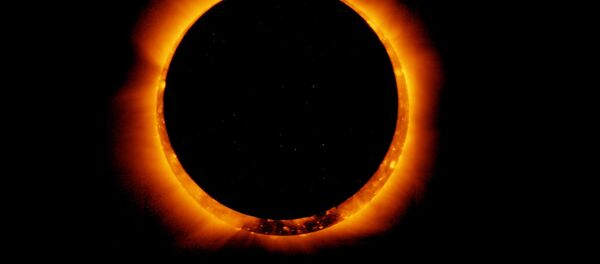Professor Dov Greenbaum, who is the director of the Zvi Meitar Institute for Legal Implications of Emerging Technologies at Israeli academic institute IDC Herzliya, has suggested that humans’ seeking life beyond Earth could pose contagion threats worse than the coronavirus. In a piece for CTech, he pointed out that in an era of rapid travel and ease of movement, viruses, such as the recent scare of the coronavirus, can spread rapidly and broadly. At the same time, as he noted, research over the past few decades has shown that some bacteria become more deadly and resilient when grown in space.
In spite of the popular sci-fi trope about deadly contagions from space, used, for example, in the hit movie The Andromeda Strain, NASA keeps experimenting and dispatching samples of genetically engineered bacteria to the International Space Station (ISS). Although “the spread of an out-worldly virus is deemed particularly unlikely in real-life”, as the analyst added, he warned against being too optimistic.
“But it might not be. In a paper published just last year, astrobiologists suggested that viruses could spread around the galaxy even on seemingly dead space rocks, providing evidence of life, or some variation thereof, in space”, he concluded.
More Than Sci-Fi Trope?
Greenbaum suggests that if the existence of extraterrestrial life is true, “there is a possibility that, as was the case of the fictional Andromeda strain, seeking it could introduce novel contagions, far worse than the coronavirus”.
While NASA is planning to deliver rocks from Mars, the Japanese mission Hayabusa2 is on its way from the asteroid Ryugu with rock samples. It is to arrive later this year. And, as Greenbaum points out, the danger that some mission could bring back space contagions exists.
“While we hope that neither of these missions will bring back some sort of contagion along with their samples, it is likely that at some point future sampling missions will”, he concluded.



